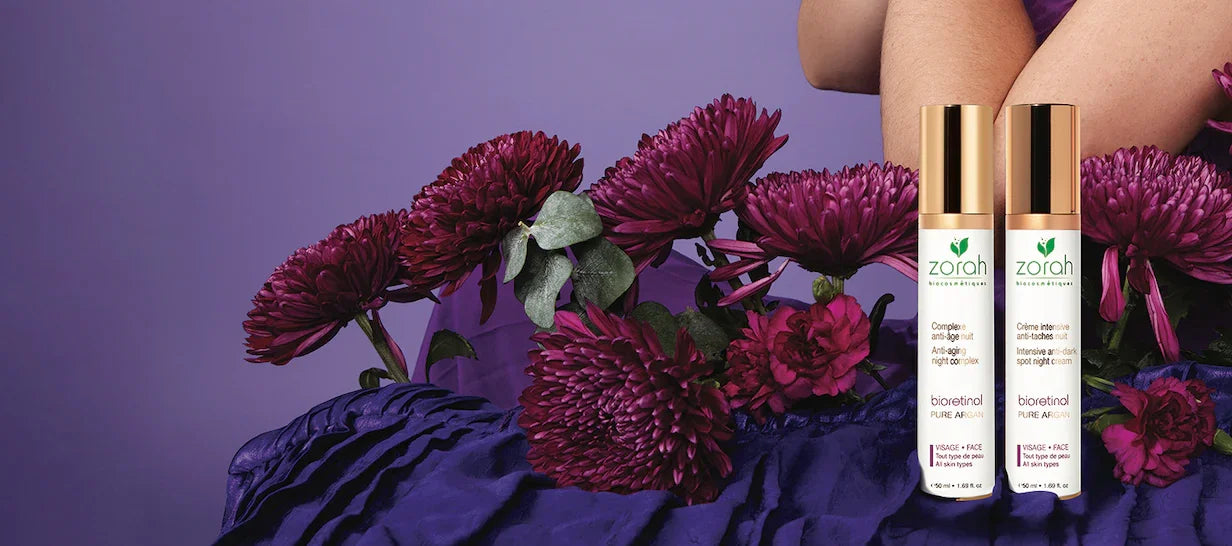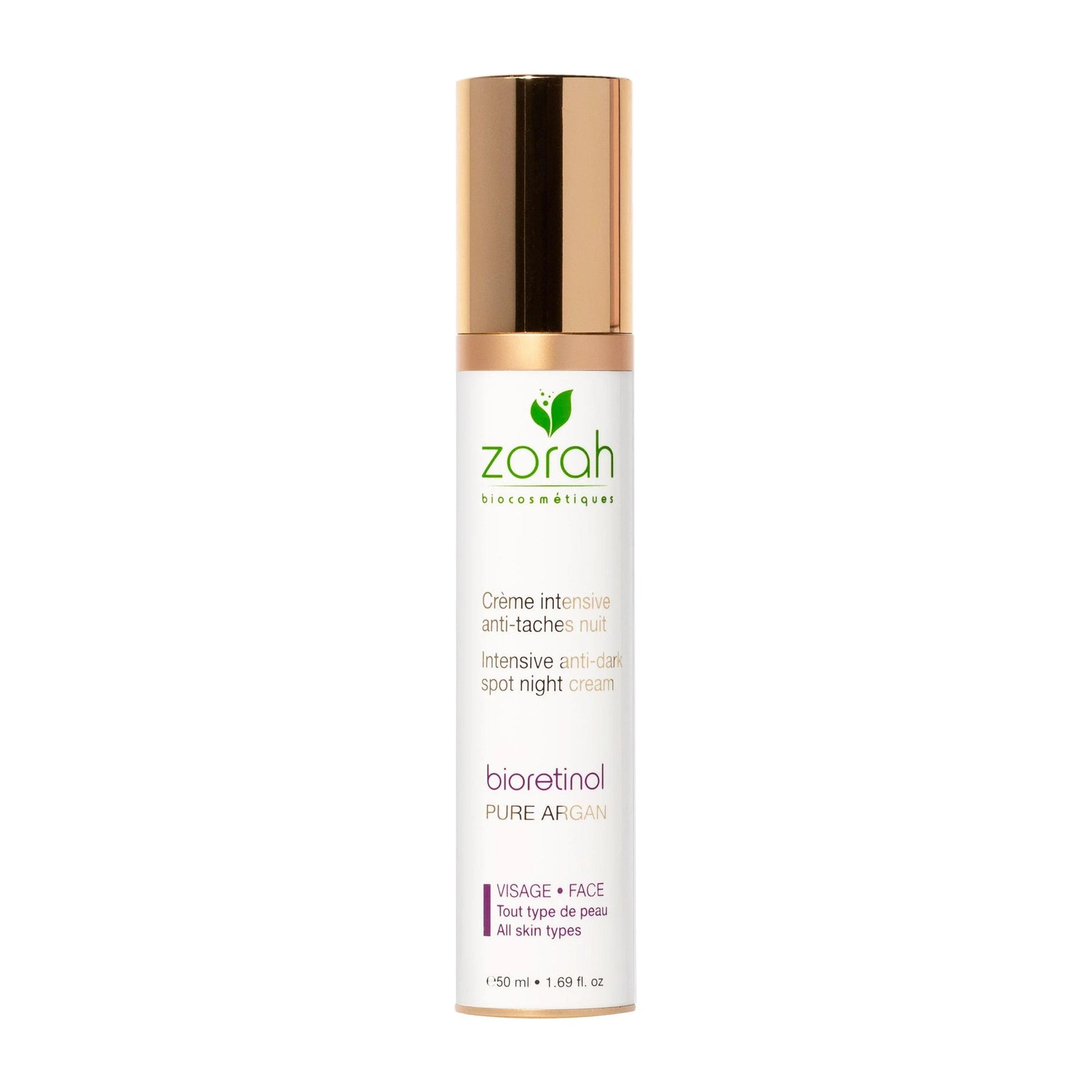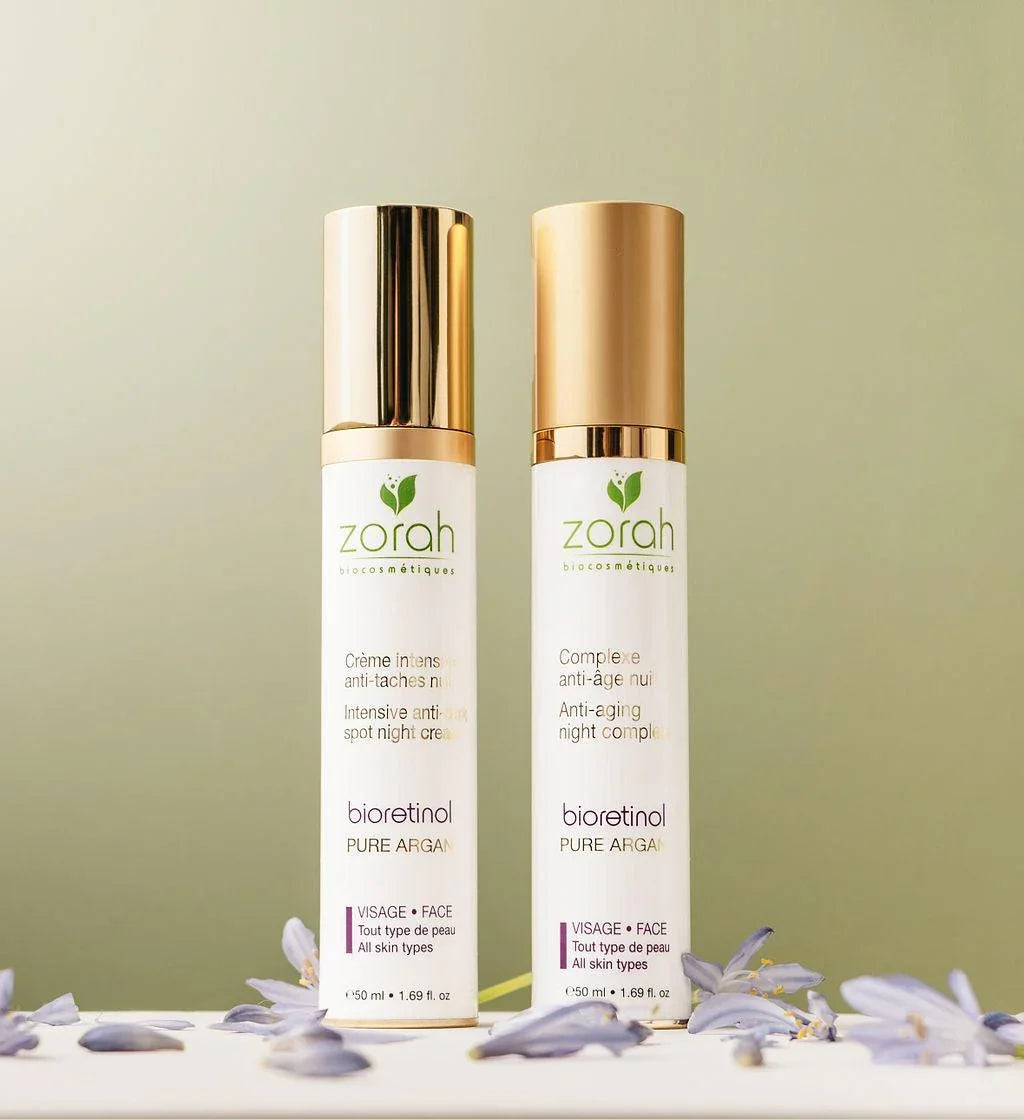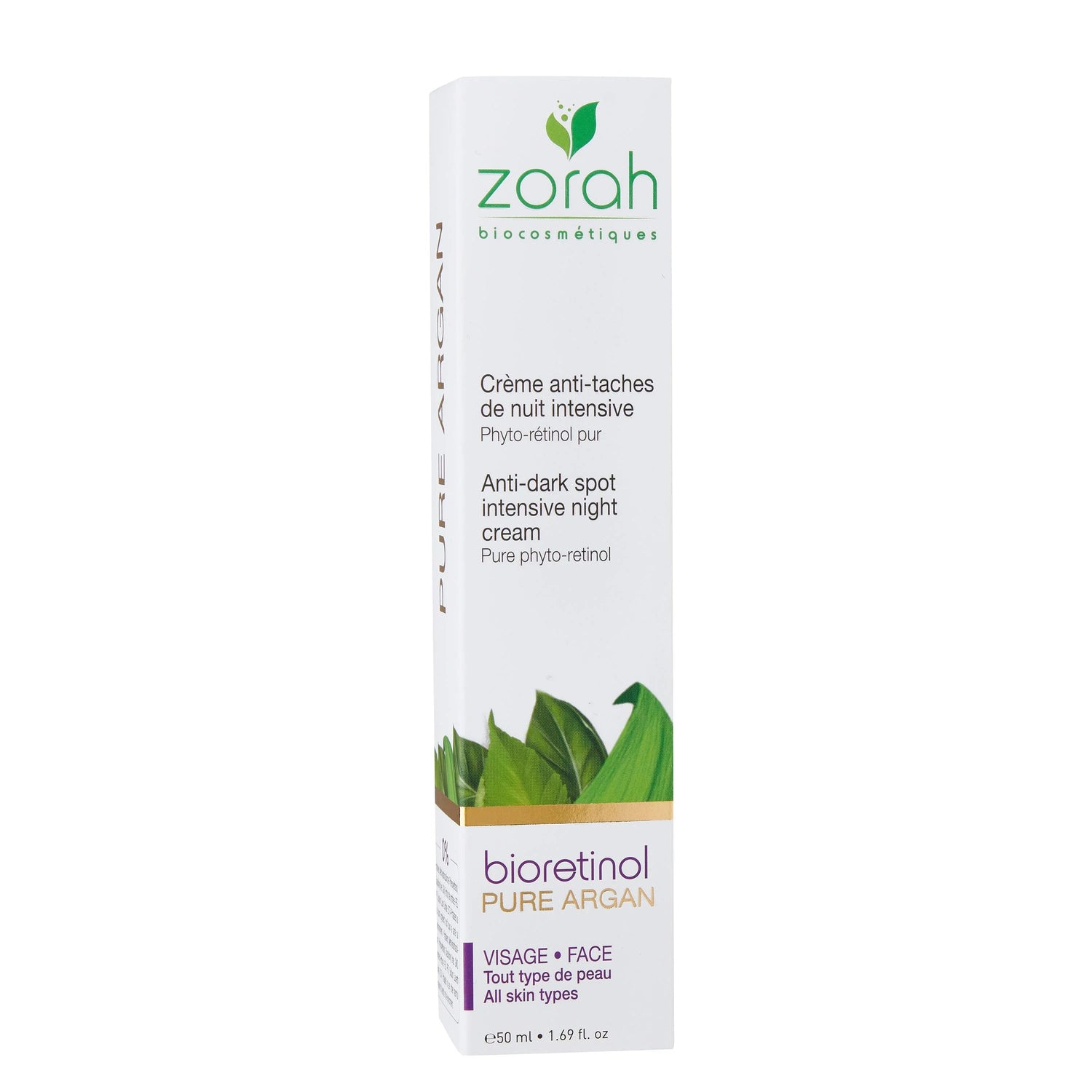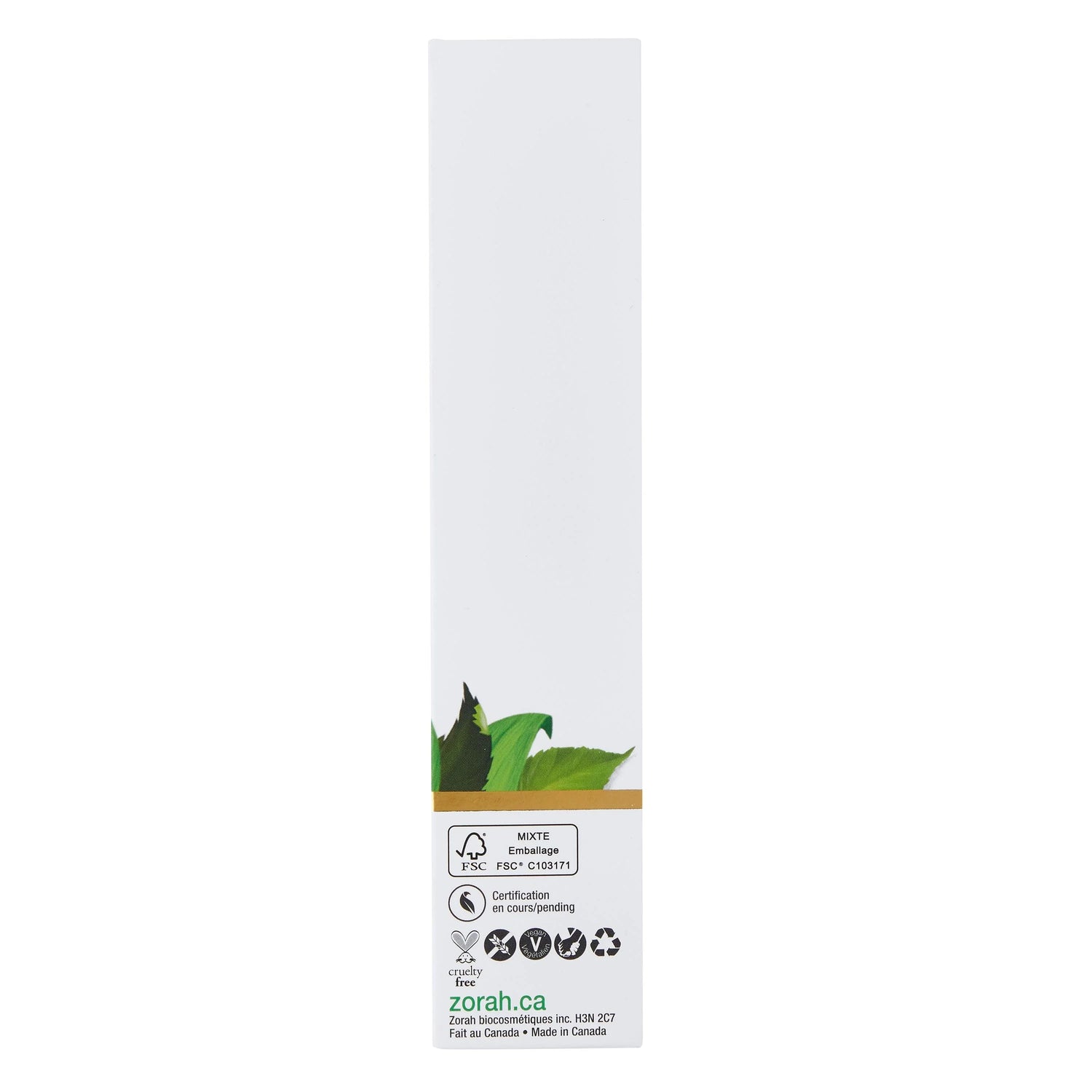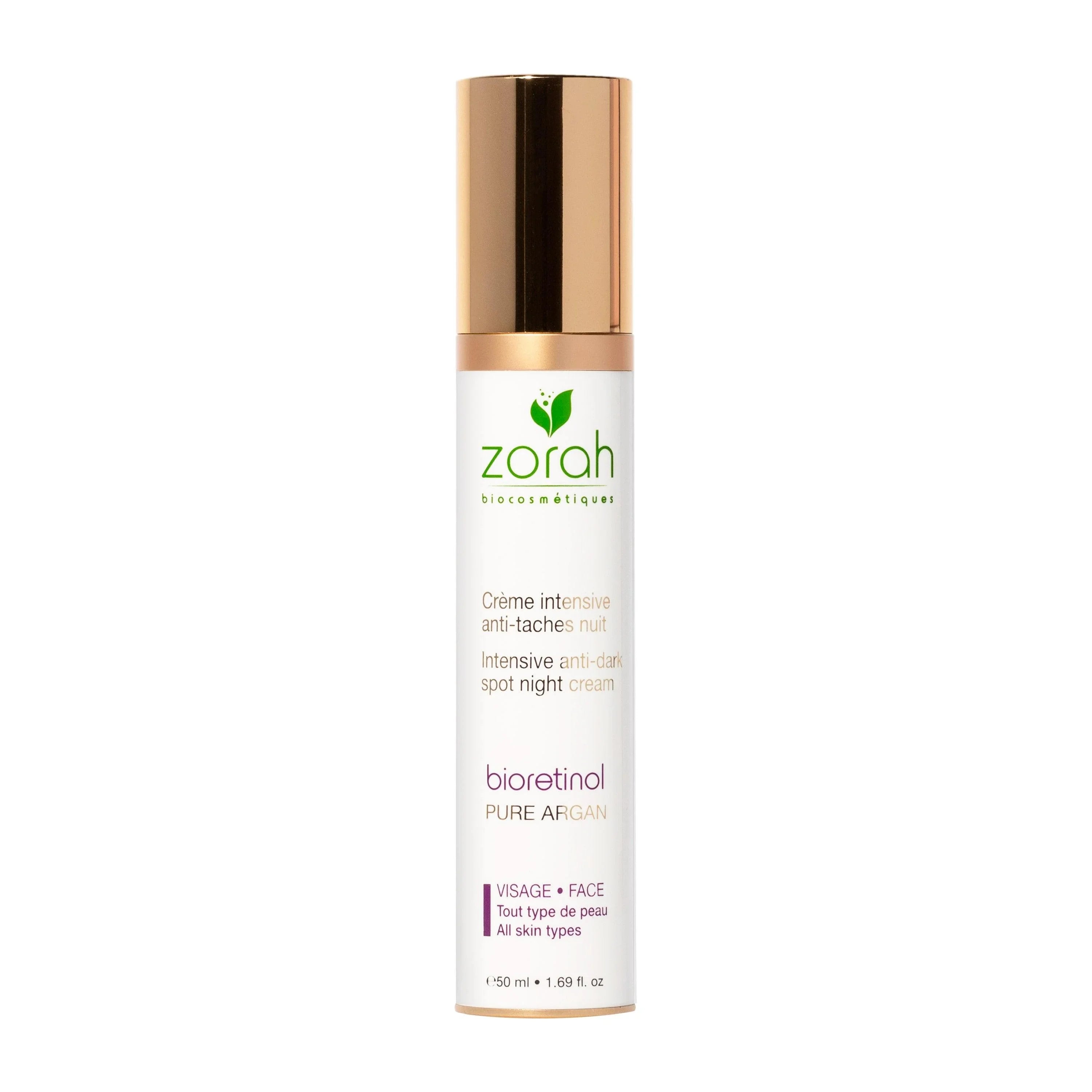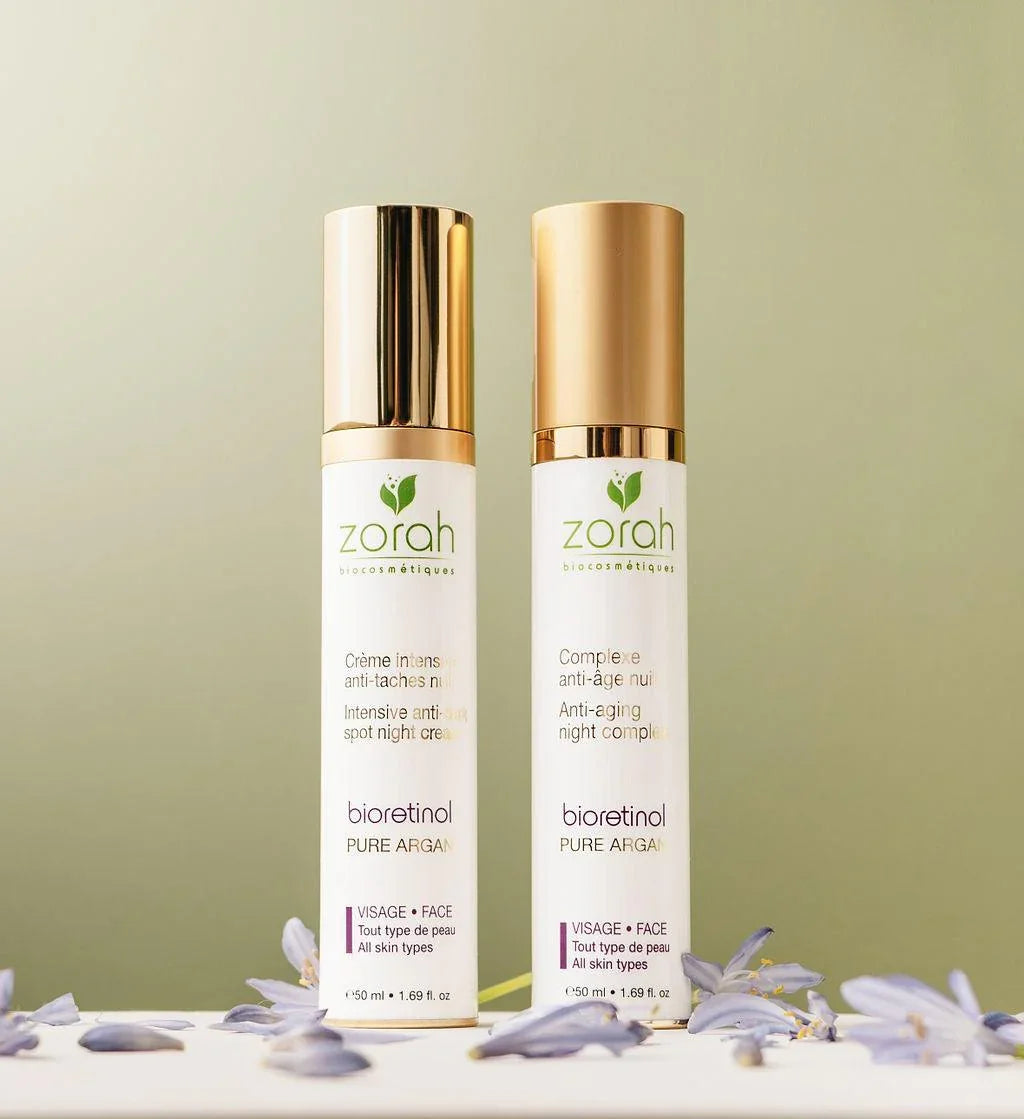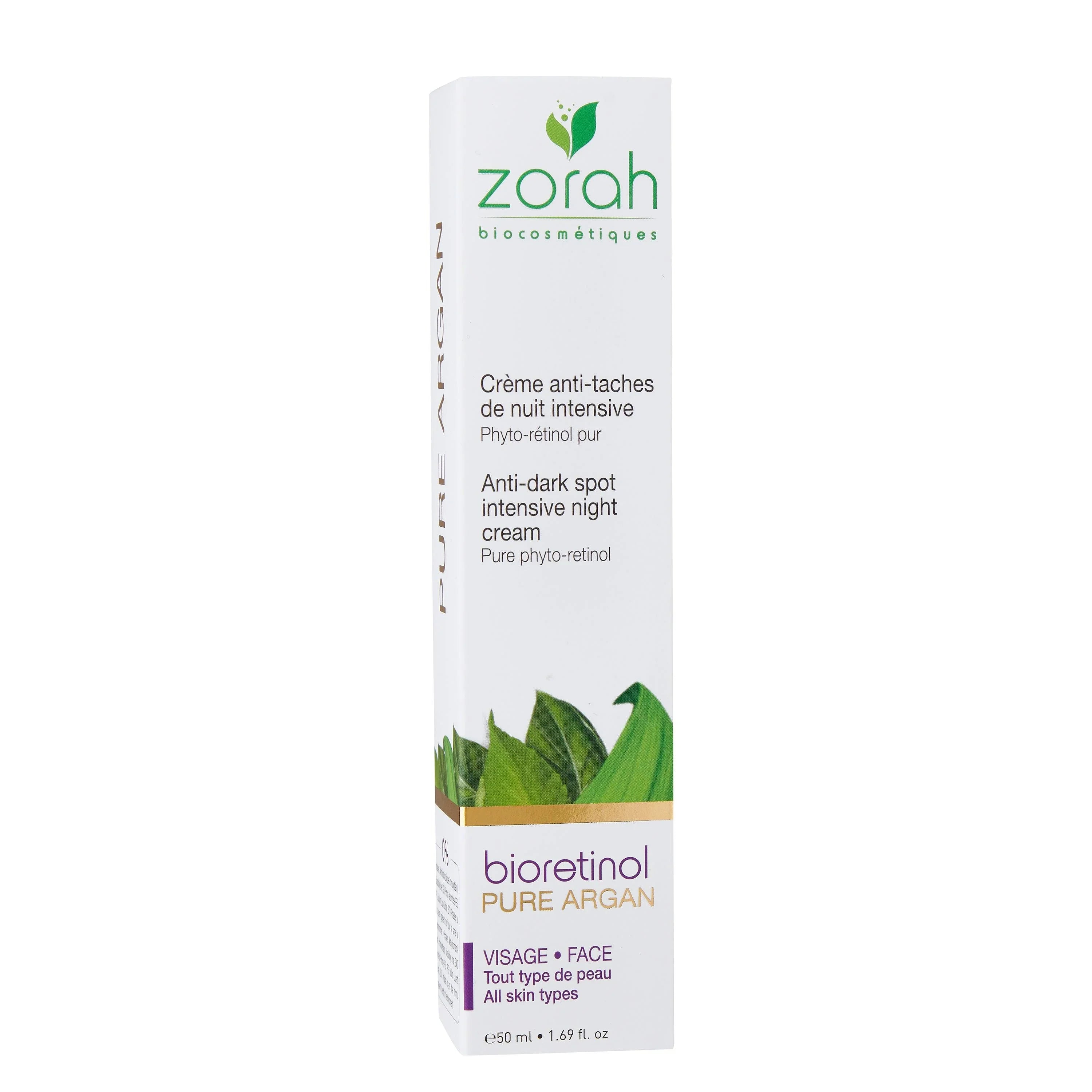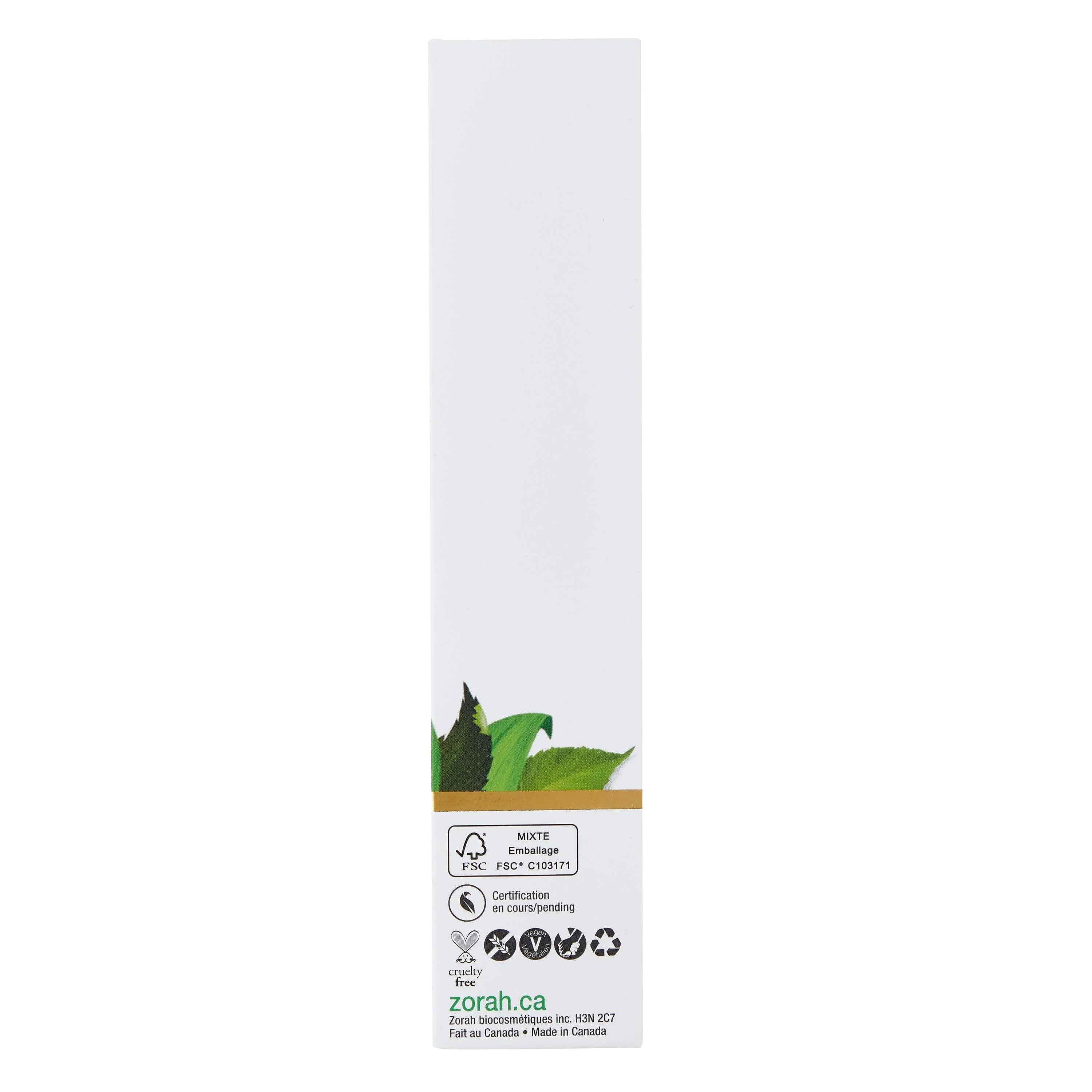At the heart of anti-aging care, retinol is an undisputed star, but its use can sometimes cause irritations and sensitivities. This is where phyto-retinol comes into play, a plant-based version that mimics all the benefits without the drawbacks.
Why Phyto-Retinol?
Phyto-retinol, derived from plant sources, shines with its ability to stimulate collagen production, thereby promoting skin renewal. Its major advantage lies in its action without causing irritations or redness, providing a smooth complexion and visibly reducing fine lines and wrinkles.
The Gentle Benefits of Vegetal Retinol
The virtues of retinol, whether of plant or synthetic origin, lie in its ability to improve skin texture, fade pigmentation spots, and stimulate collagen production. However, phyto-retinol stands out for its delicate action, ideal for radiant skin without the potential drawbacks of traditional retinol.
The secret to radiant beauty lies in the conscious choice of phyto-retinol, a plant-based alternative that combines efficacy and gentleness.
Retinol Vs Bakuchiol: A Gentle Revolution for the Skin
Retinol, essential for smooth and youthful skin, but its side effects can sometimes be undesirable. Discover Bakuchiol, a plant-based retinol-like, the natural solution.
Distinct Origins:
Retinol, a synthetic derivative of vitamin A since 1913, meets Bakuchiol, a natural extract from Babchi seeds (Psoralea corylifolia), a plant from East Asia, also found in the cherry rice flower and long pepper.
Same Mechanism of Action:
Bakuchiol, acting on cellular pathways similar to retinol, stimulates enzymes responsible for collagen synthesis, offering anti-aging properties. It stands out for superior skin tolerance and antimicrobial properties.
Comparable Effectiveness:
Several clinical studies have compared Bakuchiol and Retinol. The results showed similar reductions in wrinkles and hyperpigmentation, but with fewer side effects in those using Bakuchiol, notably less peeling and tingling, and no photosensitivity.
Different Structures:
The structure of Retinol, a higher alcohol derivative of vitamin A, contrasts with that of Bakuchiol, a purified monoterpene phenol, highlighting their molecular differences.
Application in Cosmetics:
Retinol, photosensitizing, requires nighttime application with sun protection the next day. In contrast, Bakuchiol, a plant-based alternative, adapts to various skin types, is non-irritating, has anti-inflammatory properties, and can be applied day and night without photosensitivity. Paired with vitamin C, it boosts skin radiance and youth, offering a natural alternative without undesirable effects. 🌿💚
Discover more about Biorétinol by reading this blog article :
https://zorah.ca/blogs/infos/the-bioretinol-line

